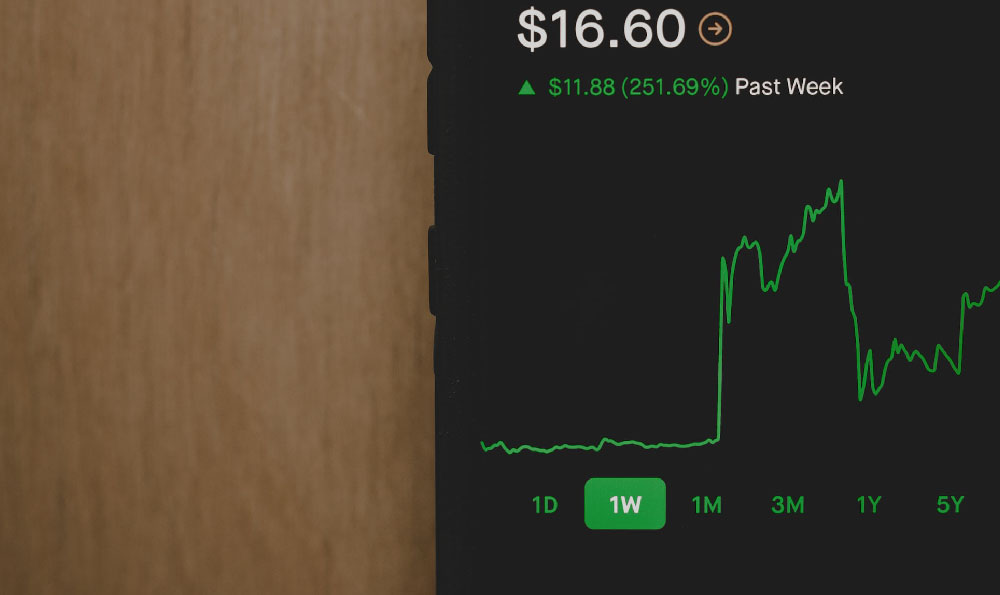How Did Rick Ross Amass His Wealth? What Are His Revenue Streams?

Rick Ross, the larger-than-life rapper known for his opulent lyrics and commanding presence, has cultivated an empire far beyond the recording booth. While his musical talent is undeniable, the true story of his wealth accumulation lies in a shrewd combination of entrepreneurial ventures, strategic investments, and a keen understanding of brand building. Understanding his revenue streams requires peeling back the layers of his business acumen and separating the myth from the reality.
At the core of Ross's financial success is, of course, his music. Record sales, streaming royalties, and performance fees form a significant portion of his income. He isn't merely a recording artist; he's a label owner, the head of Maybach Music Group (MMG), which has housed successful artists like Meek Mill and Wale. This ownership stake allows him to profit from the success of his artists, effectively multiplying his earnings from the music industry. He receives a percentage of their record sales, touring revenue, and merchandise sales, making MMG a powerful profit center under his leadership. He understands the importance of creating a diverse roster of talent, each with their own dedicated fanbase, contributing to the overall financial health of the label.
Beyond the music industry, Rick Ross has demonstrated an exceptional ability to leverage his personal brand into lucrative business opportunities. This is where the depth of his entrepreneurial spirit truly shines. He understands that his persona, a carefully constructed image of luxury and success, holds immense value. He has successfully translated this image into a variety of products and endorsements. He has been a brand ambassador for various companies, including Wingstop, a fast-food chain where he owns multiple locations. This foray into the restaurant business demonstrates a willingness to diversify his investments and tap into the stable food industry.

His investment in Wingstop highlights a critical element of his financial strategy: diversification. He doesn't rely solely on the volatile music industry. He strategically spreads his investments across various sectors to mitigate risk and create multiple income streams. The success of his Wingstop franchises provides a consistent revenue stream that is independent of his music career. He understands that true wealth lies in building sustainable businesses that generate revenue even when the spotlight on his music career might temporarily dim.
Furthermore, Ross's involvement in the cannabis industry is another significant revenue stream. He launched his own cannabis brand, Collins Ave., capitalizing on the growing legal cannabis market and the cultural association between hip-hop and cannabis. This venture leverages his existing brand and fanbase to penetrate a rapidly expanding industry. He understands the nuances of the cannabis market, partnering with experienced growers and distributors to ensure the quality and legality of his products. This move is not just about capitalizing on a trend; it's about building a long-term presence in a promising and evolving market.
Real estate is another key component of Rick Ross's wealth-building strategy. He owns a significant amount of property, including a sprawling estate in Fayetteville, Georgia, often referred to as "The Promise Land." These properties not only serve as personal residences but also as assets that can appreciate in value over time. He understands the importance of investing in tangible assets like real estate, which can provide both security and potential for long-term growth. He uses his properties for filming locations, events, and other income-generating activities, further maximizing their value.
Public appearances and speaking engagements also contribute to his income. He commands high fees for appearances at clubs, events, and conferences. His unique persona and captivating storytelling abilities make him a sought-after speaker. He understands the power of his personal brand and leverages it to generate income through these appearances. He carefully selects the events he attends, ensuring they align with his brand and target audience.
However, it's essential to acknowledge that some aspects of Rick Ross's public persona may be exaggerated or embellished. The image of excessive wealth and lavish spending can be a powerful marketing tool, but it doesn't necessarily reflect the entirety of his financial situation. The key takeaway is not to simply emulate his spending habits but to understand the underlying principles of his wealth accumulation: diversification, brand building, and strategic investment.
In conclusion, Rick Ross's wealth is not solely derived from his music career. It's a product of a multifaceted business strategy that encompasses music, branding, franchising, cannabis, real estate, and public appearances. He understands the importance of diversifying his income streams, leveraging his personal brand, and investing in assets that can appreciate in value over time. His story serves as a testament to the power of entrepreneurial spirit and strategic thinking in building lasting wealth, beyond the hype and bravado. He has successfully transformed himself from a rapper into a shrewd businessman, building an empire that extends far beyond the recording studio. His success offers valuable lessons for anyone looking to build wealth and achieve financial independence.














